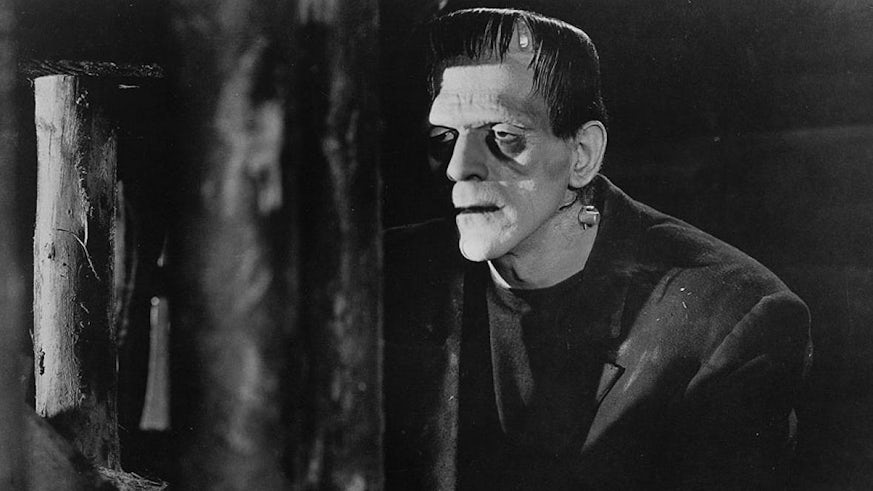“We shall be monsters”
21 September 2018

Celebrating Frankenstein bicentenary with public events and international collaboration
“It is true, we shall be monsters, cut off from all the world; but on that account we shall be more attached to one another.”
200 years after the publication of the great gothic novel that inspired modern-day science fiction, Cardiff University is marking the anniversary of Mary Shelley’s Frankenstein with a major international conference and a range of free public events.
This autumn Professor of Print and Digital Cultures Anthony Mandal co-organised the major international conference Mary Shelley’s Frankenstein, 1818–2018: Circuits and Circulation, made possible by European Romanticisms in Association.
Coordinated jointly by the School in Cardiff, the Open University and the University of Bologna, the interdisciplinary conference brought together leading scholars to share cutting-edge research on Frankenstein and the wider networks of influence that formed the novel’s themes and attitudes.
Joining in the Frankenstein celebrations this year is Cardiff BookTalk. The University’s book club with a difference is championing the author and the landmark book with a free Hallowe’en showing of the biopic Mary Shelley on 29 October (advance booking recommended). For latest information, visit the Cardiff BookTalk website, or follow on Facebook or Twitter.
Academics and students from the School are also taking part in Frankenreads events in the capital, part of the global initiative organised by the Keats-Shelley Association of America.
Amid the interest in Frankenstein in this anniversary year, BBC Radio 4’s religious affairs programme Beyond Belief is among many to recognise the significance of Shelley’s work.
In a special programme focusing on the novel, its invited panel of experts including Dr Jamie Castell drew out themes such as the creator and creation, the plight of the outcast and science without morals.
The forerunner of science fiction, Frankenstein is famed as a great Gothic novel borne of the Romantic movement. Mary Shelley’s famous work is the tale of a man who pushes the bonds of science too far, of the creator who brings about his own downfall. It tells the story of young scientist Victor Frankenstein who creates a sapient creature, the ‘living dead’ formed of human and animal body parts, in an unorthodox experiment which misfires to the detriment of both creature and creator.
One of the earliest science fiction novels, it reflects the uncertainties and debates of the Romantic Era including the search for utopia and the importance of new scientific discoveries. The very creation of the creature utilises the new practice of galvanism–contracting muscles by electric current, making the dead appear living.
Novelist, dramatist and travel writer, Mary Wollstonecraft Shelley was the daughter of leading radicals, the philosophers William Godwin and Mary Wollstonecraft. Best known for Frankenstein: or The Modern Prometheus, she wrote a number of other novels, including a further novel of future possibility titled The Last Man.
With strong literary expertise in Romanticism and the Eighteenth century, the School of English, Communication and Philosophy is home to the innovative platform Cardiff Romanticism and Eighteenth-Century Seminar Series (CRECS), which aims to stimulate research and discussion into literary and cultural studies between 1680 and 1840 within the institution and beyond.
